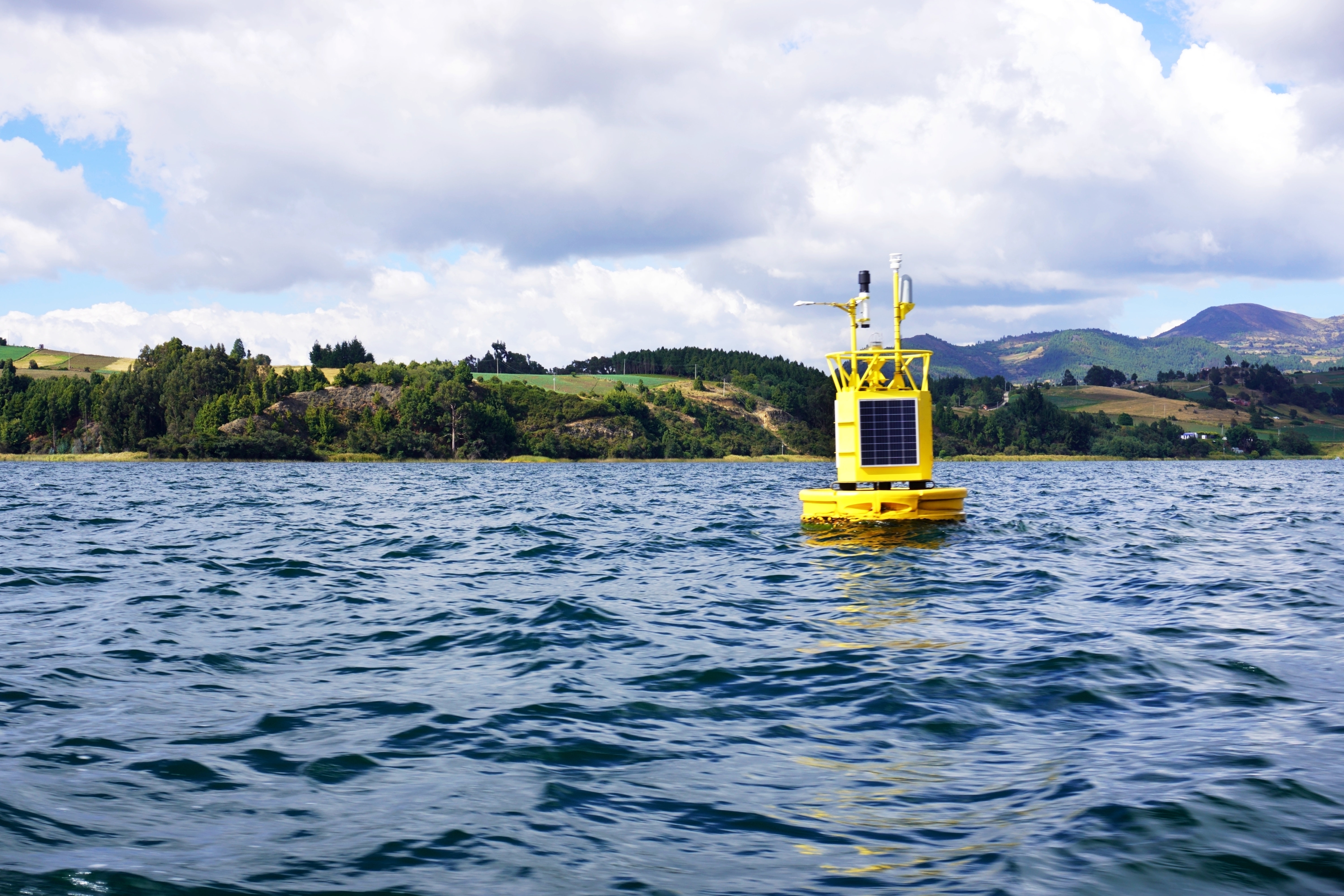Avoid these common mistakes in environmental permitting and licensing with an efficient digital management system

Processing an environmental license can be a complicated and tedious process for any project. In 2021 alone, 936 projects were submitted for environmental assessment in Chile and only 521 of them were approved. The annual approval rate of 55% is similar in the rest of Latin America. Many of these rejected projects had problems obtaining permits, a highly influential factor in the success of a project.
Despite the critical role they play in the success of projects and the operation of companies in general, the processes of obtaining, complying with and renewing permits and licenses can be cumbersome.
From complying with requirements and regulations to making sure documentation is in order, there are many details that can be overlooked and delay the permit approval process.
In addition, an error in the process can be costly in terms of time and resources and can even result in the denial of the license. For this reason, it is essential that organizations have proven and standardized processes for permit processing.
What are the most common mistakes?
- Lack of complete documentation: One of the most common mistakes when applying for a sectoral permit is the lack of complete documentation. It is crucial for organizations to ensure that they have all the necessary documents for the sectoral permit and that they are presented in an organized and clear manner.
- Failure to comply with requirements: Organizations must ensure that they comply with all requirements and necessary regulations prior to processing the sectoral permit, taking the proper steps to obey them.
- Failure to plan adequately: The sectoral permitting process can be complex and lengthy. It is essential that organizations adequately plan the process and establish a timeline to avoid delays.
- Failure to keep up-to-date records: It is important that organizations keep up-to-date records of the entire sectoral permitting process. This will ensure that the organization is aware of the progress of the permit and has a complete record of the entire process.
- Not using a permit management software: One of the biggest mistakes organizations make when processing a sectoral permit is not using a permit management software solution. Software programs can help automate and simplify the permitting process, reducing the risk of errors and delays.
Efficient management ensures process success
The implementation of a permit management software can be critical to the success of the project as it provides the organization with greater visibility and control over the entire permitting process, allowing to establish a structured workflow and keep track of the entire process.
M-Risk's digital Permit Management application enables collaborative work so that those responsible for processing or renewals maintain smooth coordination. Other functionalities include:
- Manage the control of the validity periods for an efficient and timely renewal of the permits already obtained.
- Fully trace the status of permits and activities to be carried out, on the required dates, by the assigned managers.
- Easily plan the permit management process and the documents required for processing or renewal. In addition, the user obtains reports on the progress of each activity.
- Collaborate with other team members according to the responsibilities and activities assigned to each of them.
- Facilitate the search and identification of permits by considering multiple relevant fields for quick access to them. This way, the management is efficient.
- Inform about upcoming expirations and other relevant dates. As it is common to manage multiple permits in different terms and operations, the application allows knowing instantly the status and validity of the permits obtained or in process, allowing to quickly identify the activities that require attention, being able to allocate resources and time efficiently.


